We The People
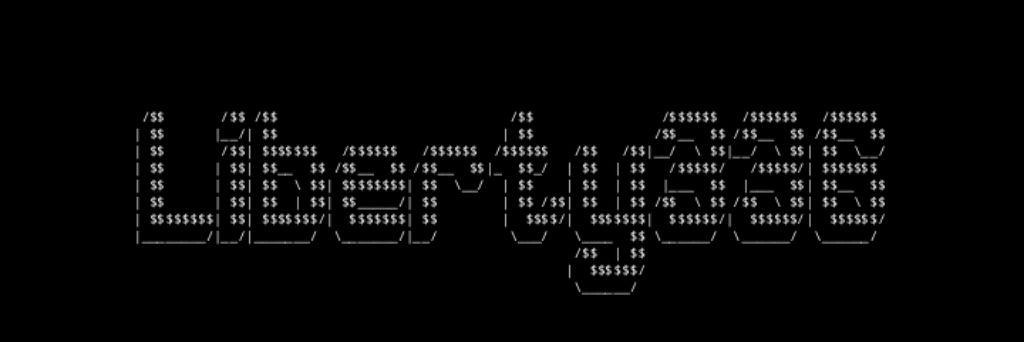
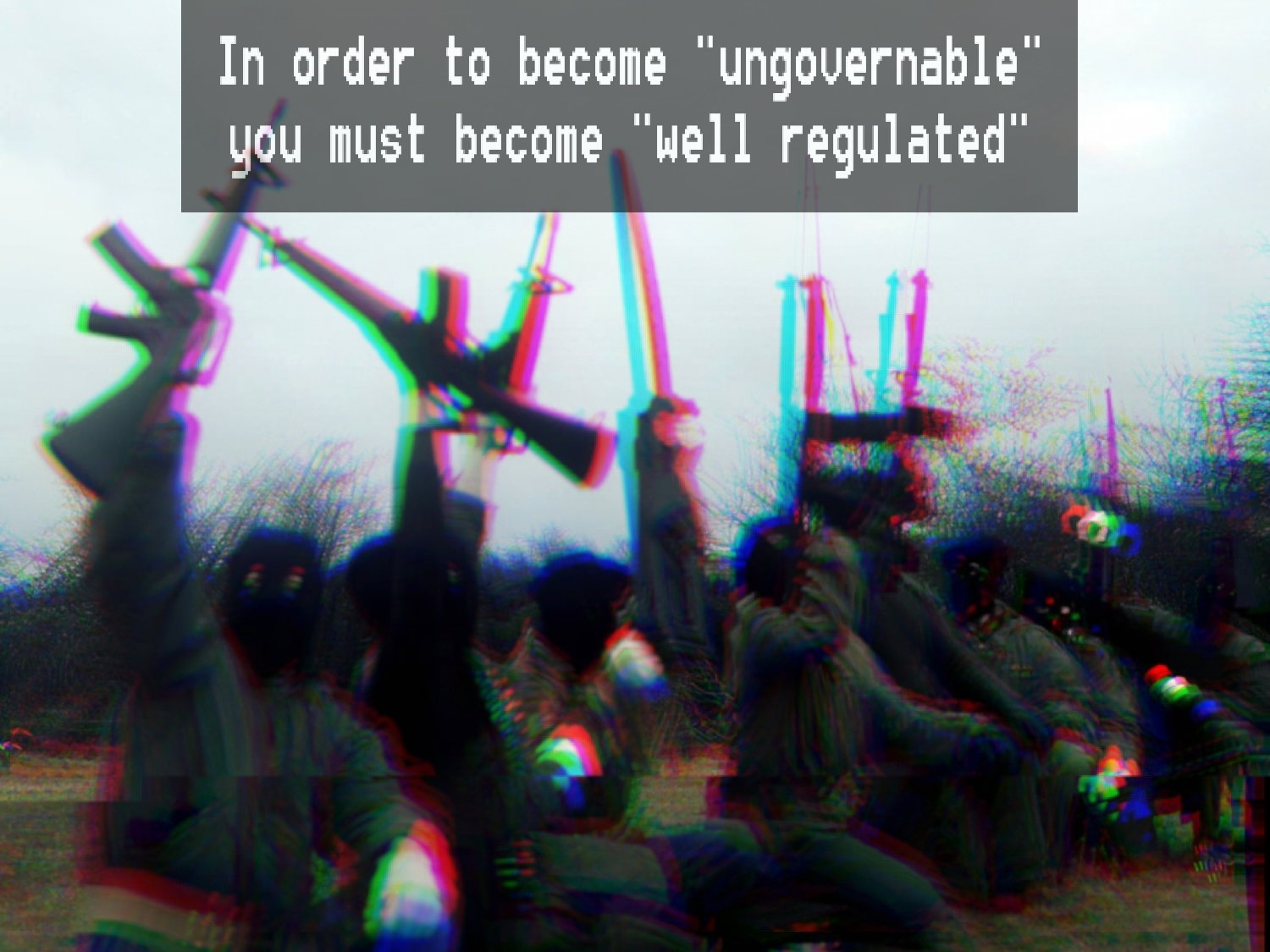
The System
The Basics
One of the most misunderstood topics that we share with the public is the topic of "The System".
"The System", is made up of smaller "systems". For example, you have:
1. The Financial system
2. The Educational system
3. The Manufacturing system
4. The Food production system
5. The Legal system
6. Nutrition rate (rate of replenishment)
7. Military system
8. etc (the list goes on)
Let "System" with a capital S refer to the "full stack" System, which would include all the smaller systems.
Let "system" with a lowercase s refer to an individual system, such as the Financial system.
Every civilization has a full stack System, it needs one in order to function and be independent.
There is a reason why China has its own currency, military, legal system, etc, and that Japan
has its own separate currency, its own separate military, etc. Each of these nations has its
own separate system and its own separate civilization.
When each system is functioning properly, the civilization has a state of homeostasis just as a human body does.
However, if any of these systems gets too far out of normal calibration, then problems arise, and
this causes a "ripple effect" among the entire civilization, and this
leads to catastrophes and human suffering. For example, if the food production system
gets negatively affected, then people go hungry or starve, which can lead to other
problems like riots, labor shortages, etc. The Holodomor in the Soviet Union
was a man made problem that affected the USSR's food production system, and many starved to death.
The importance of maintaining "homeostasis" in a System was well understood by leaders who founded a nation.
They understood that history tells us that every civilization that did not keep their system in check, was
either conquered, or it collapsed.
Understanding this concept is important for any civilization that wishes to maintain stability.
This is a concept that oldschool militias focused on and paid attention to. Today,
it is something many citizens don't think about, nor is it a concept that many understand.
Ask yourself, when was the last time you were taught about "The System" this way?
When was the last time you thought to check up on "The System" of your nation?
Is it something that from now on you'll pay attention to?
History
When the colonists first arrived in North America, there was no "System" like what is being discussed here.
It was mostly, as a figure of speech, "trees and indians".
Because of this, the colonists had to build their System from scratch.
In the process of building it from scratch, they had a say in their System.
Teaching was ran by local teachers, manufacturing was ran by local black smiths,
the media was ran by local men who had a printing press, etc.
Under this style of a System, "We The People" had a large say in how our System was governed.
Fast forward to after the industrial revolution, and you see a major change take place.
Now, individuals aren't running the manufacturing system, companies are.
Individuals aren't running the media, big media companies are.
Individuals aren't running the educational system, State school systems are.
Before, people had a say, now they don't. People now plead to school boards for change,
or workers go on strike or form unions to plead to companies for change.
In general, the people no longer "have a say" in how various systems within "The System" are ran.
This is the consequence of trading responsibility for convenience.
Solution
The solution proposed by Liberty336 is simple, build a new System.
It's simple, not easy.
We want every American, and especially every North Carolinian, to begin the process of
working on their own independent full stack System. Building a System in
modern times can be complicated, but in simple terms we want Americans to:
1. Homeschool or take your kids to private school

This will put the Educational system back into the hands of The People.
2. Garden and/or Homestead

This will put the Food prodcution system back into the hands of The People.
3. Own a business or grow a side hussle, and trade with each other.

This will take some power that corporations have in the Economic system, and put it back in the
hands of The People.
4. Begin 3D printing, blacksmithing, and machining.
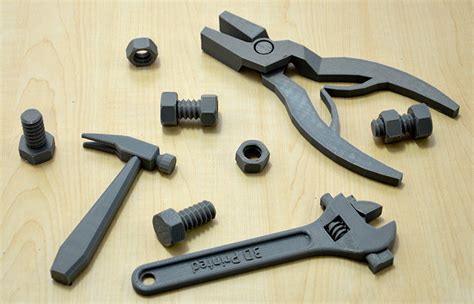
This will allow The People to do small scale manufacturing and start the process
of taking dependence away from corporations and put more independence and control
back into the hands of The People. (It will also assist them in a side hussle too.)
5. Become Well Regulated.
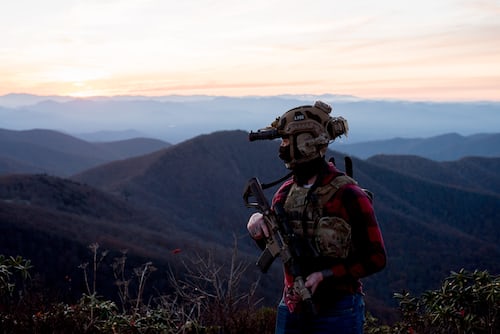
We want every American, and especially every North Carolinian, to be:
A. Well Armed/Equipped
B. Well Trained/Disciplined
C. Well Structured/Organized
This will accomplish multiple purposes. It will help in case in future riots like those seen in 2020.
It will help the people competently manage natural disasters like hurricanes.
It will help the people competently address criminal activity like mass shootings.
It will also, heaven forbid, in the case of invasion, allow Americans to be
effective at defending themselves, just as militias are trying to do in the current
Russo-Ukrainian War of 2023.
The list of benefits from the people becoming well regulated goes on, for example,
it would build mutual respect and camaraderie among North Carolinians. If the
American people become well regulated, this will certainly cause a positive
domino effect that will benefit both the individual and the collective.
We would like people to become independent in all areas of The System, some areas were not mentioned here.
For example, we want people to become independent in computing, Free & Open Source Software (FOSS)
makes this possible, and most of the work in this area has already been done for us.
People just need to learn how to install and use FOSS, most of the software they need
has already been made.
Criticisms
We have presented this topic to people in the past. Some people
accepted it as a good idea, others rejected it with criticism.
Some criticism was valid, however, most of it was either confusion
out of a misunderstanding, or unrealistic thinking.
We will use this section to address some of the common
statements of criticism we've received.
Criticism 1 - "Do you expect a person to do everything!?"
Answer - No.
We don't expect a person to grow 100% of the food his family needs.
Nor do we expect a person to manufacture 100% of the things he needs.
Our goal is to begin the process of getting the people as independent
as possible. Some of these things may seem as "overkill". We
assure you, they are not. For example, recently in 2023 there was a
national egg shortage. Previously, an individual might have laughed
at his neighbor who raised chickens. During the shortage, those individuals
weren't laughing anymore. As the phrase goes, "You don't know what you've got
until it's gone."
Obviously, 1 person won't grow everything he needs and make everything he needs.
But he can begin the process of becoming independent, specializing in an area.
Then he can trade, network, and organize with his neighbor who is also working
to be independent. Although we strive for independence, we do not oppose
the concept of inter-dependence.
One man specializes in computing. He has a garden, but he lacks a homestead with animals.
He can buy meat from his neighbor who does mechanical work and raises hogs.
He can ask the mechanic to provide mechanical services for him.
Additionally, the mechanic can ask the other individual to work on his business
website for him.
This example should help to illustrate the "big picture" to you.
We don't expect an individual to do everything, so this criticism comes from confusion
and simple misunderstandings.
Crticism 2 - "We have police and military, we don't need militias!"
Answer - Ukraine has police and military as well, but they're heavily relying on militias right now.
This criticism is simply unrealistic on numerous levels and simply disregards both ancient
and recent history. There are countless times in history where a community needed
active involvement from the citizens, rather than reliance on the Government.
For example, in the 1992 Los Angelos riots after the Rodney King situation, the Government
was overwhelemed. Violent riots broke out, and the Government was unable to keep the situation
under control.
This is where the "rooftop koreans" got their fame. A group of koreans got together to defend
themselves and their property from violence and looting. Since the police could not protect
their businesses, they took matters into their own hands.
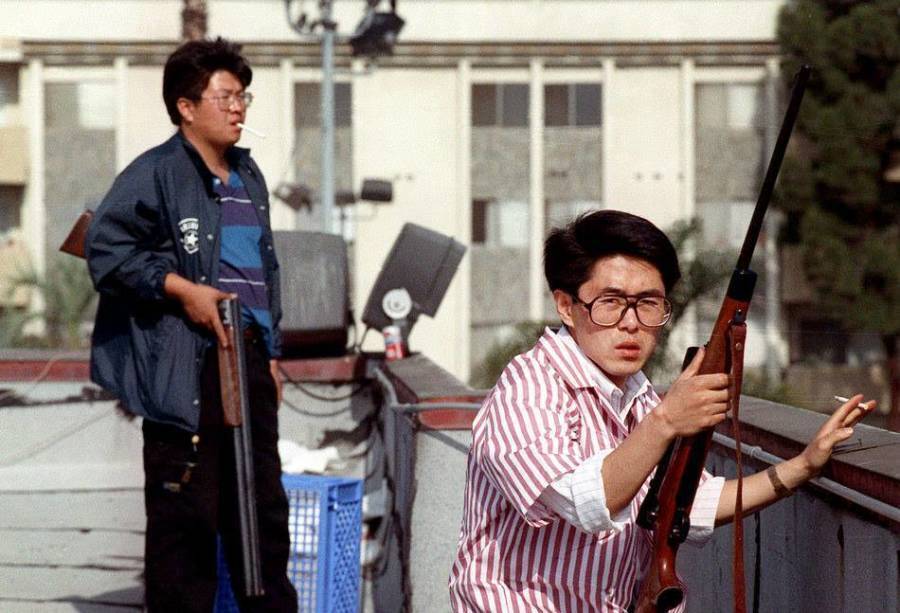
The "rooftop koreans" were successful in defending themselves and their stores. Not only that,
but they were successful in putting themselves into a chapter of history. If you do a Google
search for "rooftop korean", they will immediately pop up. Although these guys were not a
"militia" in the classical sense, they certainly illustrate both the importance and a role
of militias in modern times.
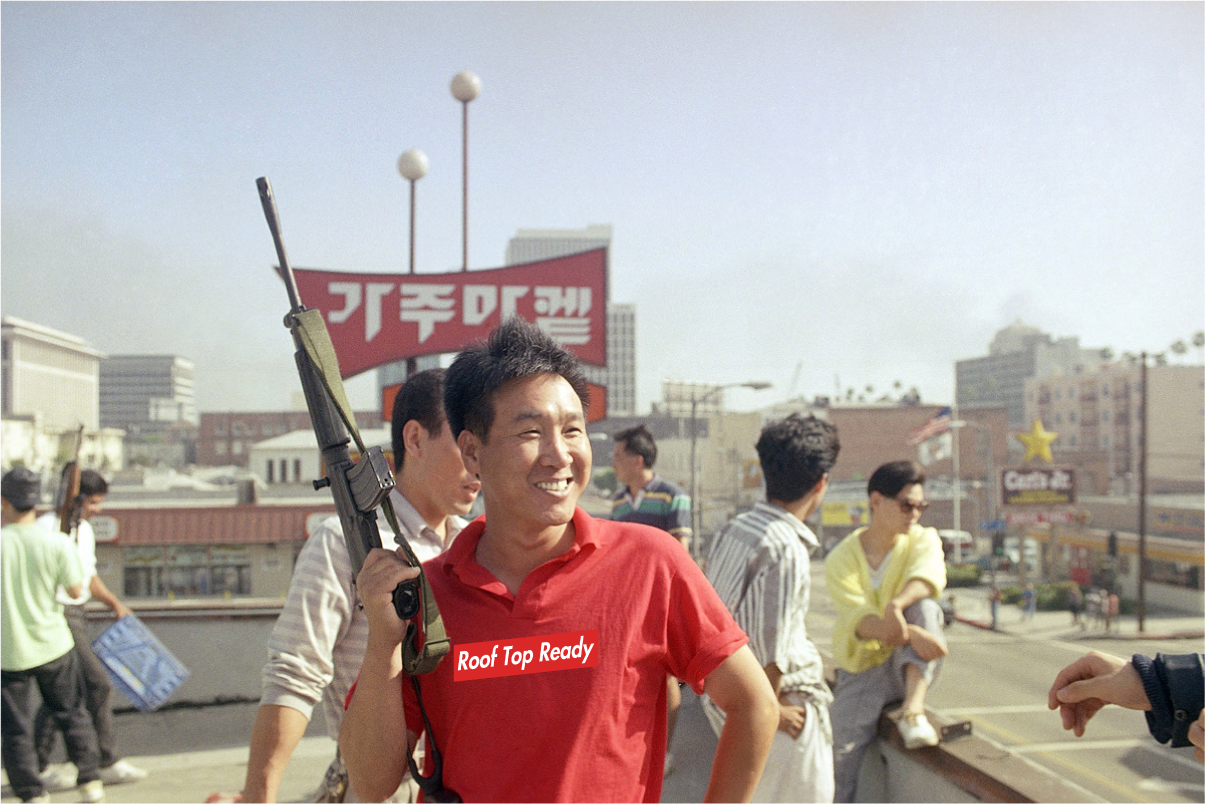
There are other instances in which a militia would be necessary, but we won't list them all.
The rooftop korean example as well as the war between Russia and Ukraine should illustrate the need.
Keep in mind, the second amendment says a well regulated militia is "necessary" for a free state. Not
optional, necessary.
You don't want to get a fire exstinguisher as your house is on fire, you want a fire exstinguisher
before a fire happens, so that if one does happen you are prepared.
Conclusion
Even if you have no interest in joining Liberty336 or one of its chapters, we hope
this article inspires you to begin the process of becoming as independent as possible.
Our goal is to increase the independence of Americans over time, this is a long term goal.
Consider educating people on the concept of "The System" and discussing it more often.
Thank you for your time and consideration.
contact: Liberty336 @ protonmail.com








